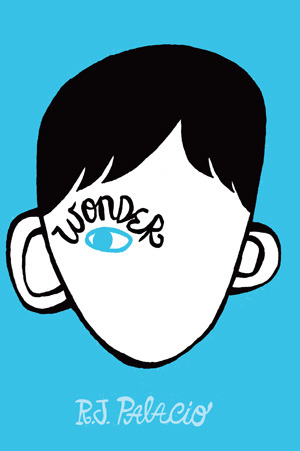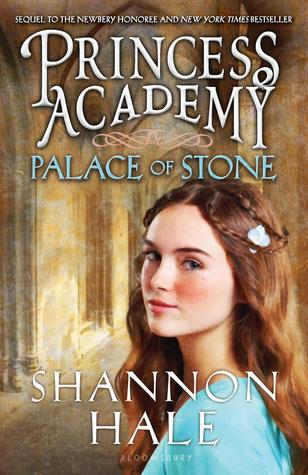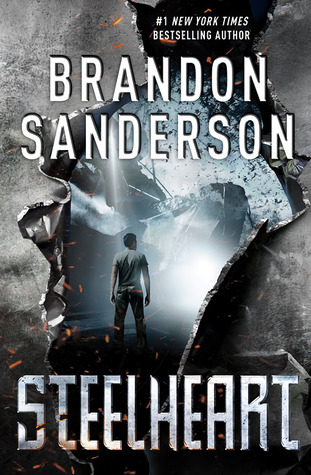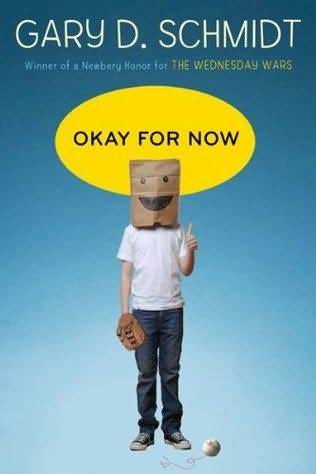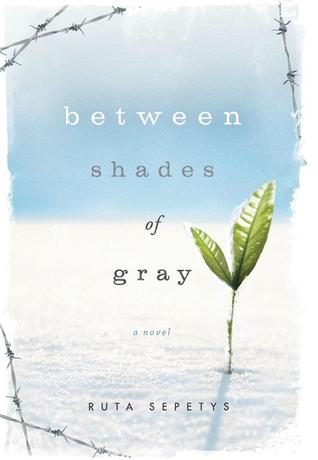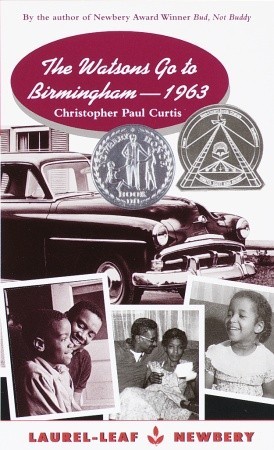September 2014 by Knopf
400 pages--Goodreads
In their number one New York Times best seller Half the Sky, husband-and-wife team Nicholas D. Kristof and Sheryl WuDunn brought to light struggles faced by women and girls around the globe, and showcased individuals and institutions working to address oppression and expand opportunity. A Path Appears is even more ambitious in scale: nothing less than a sweeping tapestry of people who are making the world a better place and a guide to the ways that we can do the same—whether with a donation of $5 or $5 million, with our time, by capitalizing on our skills as individuals, or by using the resources of our businesses.
With scrupulous research and on-the-ground reporting, the authors assay the art and science of giving, identify successful local and global initiatives, and share astonishing stories from the front lines of social progress. We see the compelling, inspiring truth of how real people have changed the world, upending the idea that one person can’t make a difference.
We meet people like Dr. Gary Slutkin, who developed his landmark Cure Violence program to combat inner-city conflicts in the United States by applying principles of epidemiology; Lester Strong, who left a career as a high-powered television anchor to run an organization bringing in older Americans to tutor students in public schools across the country; MIT development economist Esther Duflo, whose pioneering studies of aid effectiveness have revealed new truths about, among other things, the power of hope; and Jessica Posner and Kennedy Odede, who are transforming Kenya’s most notorious slum by expanding educational opportunities for girls.
A Path Appears offers practical, results-driven advice on how best each of us can give and reveals the lasting benefits we gain in return. Kristof and WuDunn know better than most how many urgent challenges communities around the world face today. Here they offer a timely beacon of hope for our collective future.
This book is ambitious. I don't know that I've seen such a wide scope in a single book before. In general, A Path Appears is about increasing opportunity, both domestically and internationally. More specifically, it covers education, crime, poverty, malnutrition, gang violence, addiction, sex trafficking, early childhood intervention, prenatal care, family planning, agriculture, mentoring, literacy, charity, business, advocacy, human psychology, metrics, investments, marketing, and pretty much everything else under the sun that can be linked to aid work. Kristof and WuDunn take a strategic, research based approach to determining the efficacy of aid groups and evaluating which groups make the most impact per dollar.
The book is peppered with suggestions for how you can get involved in making a difference. If you take anything from this book it is the idea that ordinary people, not just millionaires, can make a significant difference in the world by making smart aid decisions. Pick a cause, and the book probably describes a group that addresses that cause.
I was disappointed that the book didn't spend more time on sex trafficking or domestic violence. The accompanying PBS documentary dedicated an episode each to those two issues, and they are super important. Sex trafficking in particular doesn't get the kind of attention it needs. Looking at that decision from further back however, it makes a bit of sense. A documentary on sex trafficking will pull in more attention and funding than one on micro nutrients and efficacy metrics. And a chunk of people who watch the documentary will go off and immediately start reading the book (me), so I suppose it was an effective marketing strategy.
This book is important, yes, but it is also compelling. Kristof and WuDunn are excellent story tellers. They make you care about each and every one of the people they highlight and the many dozens of causes those people support. They manage to capture the magnitude of these problems without making you feel helpless. Rather leaving you drowning in a sea of unfillable need, they empower you with tools to do good. A Path Appears is a must read for anyone who wants to make a positive difference in the world, whether in your own neighborhood or on the other side of the world. And if you haven't read their earlier book, Half the Sky, do that right now.

